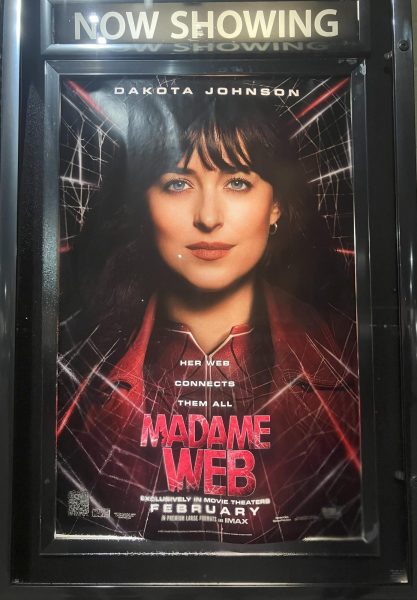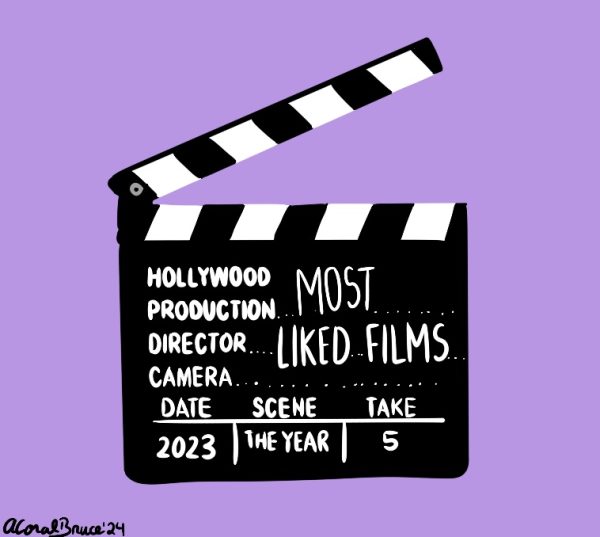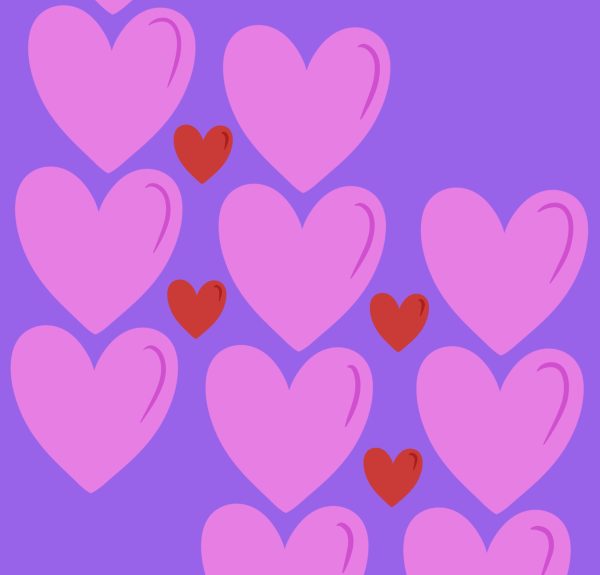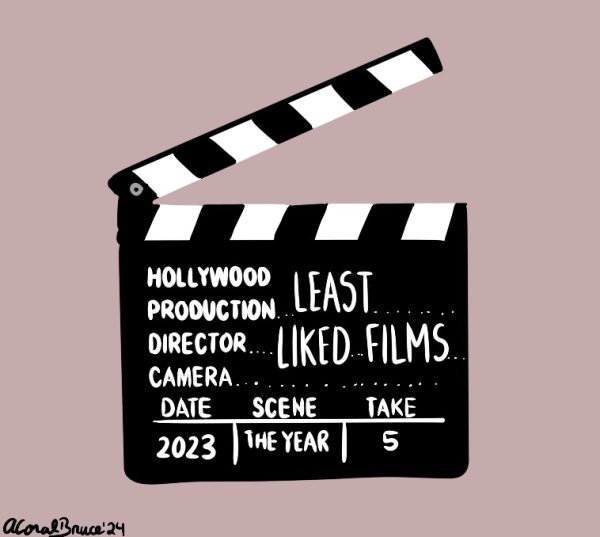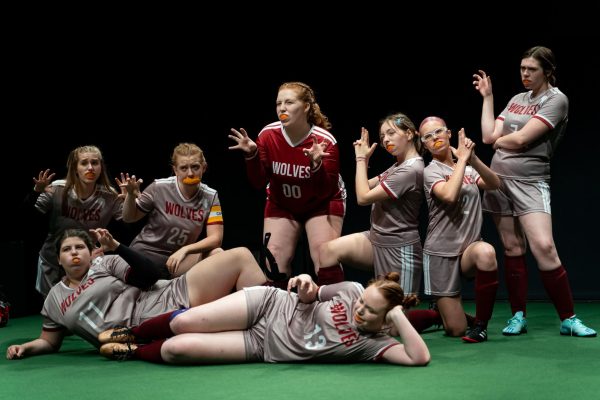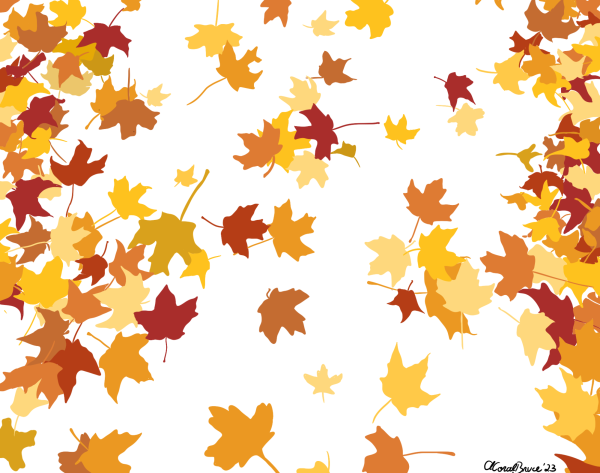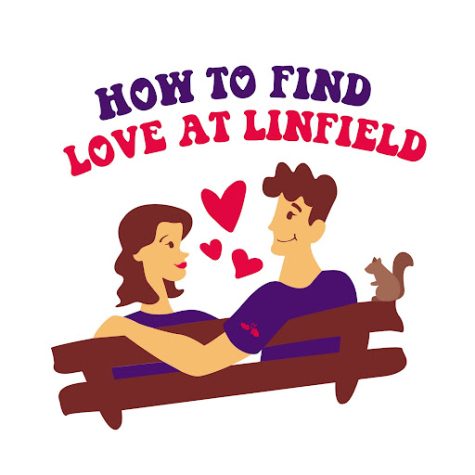News from Paris: On the other side of the waves
November 15, 2015
Nothing. That’s what you feel when news like this comes on. Nothing.
It’s not that nothing comes at you — it’s that you don’t know what to feel when too much comes at you.
When I turned on my laptop at 5 percent battery remaining and saw the news of the terrorist attacks in Paris, I didn’t know how to react. I simply let my battery die and I thought for some time.
Thought about the acts unfolding, kilometers and kilometers away from Marseille, port city in the south of France, where I currently reside.
I snuck out of my house, restless and sat on a hill overlooking the Mediterranean Sea, thinking of how these events would wash over Syrian men, women, and children on the other side of the lukewarm waves.
That’s when the stories started popping up. French migrant camp catches flames; a man of middle-eastern origin assaulted on the Marseille metro; racist posts, ignorant comments, 140-characters-of-hate being tweeted and retweeted.
Out and about, I felt afraid for myself — a person of color out on the streets, on the night of an Islamist terrorist attack. I can only imagine the stress of all the people who live here, those who are equally citizens of the French Republic as they are Muslim. And with a heavy heart, I feared that all the backlash against these people would be shrugged off as nothing but a « fait divers », an unimportant news story on the back of the newspaper.
The following morning, life resumed as if the events were nothing but a shared nightmare, shrugged off with the sleep of the night before.
I braved going out into the port, to catch the Metro.
Life was normal, if a little quieter. No large manifestations. Nothing but the day before yesterday. As the night fell, the candlelight vigils started popping up around the city’s port. And together came immigrants, locals, nomads passing through, people of many different tongues and beliefs.
There, I felt eternally grateful to be in a place where people coexist, where cultures meet, where people fight for the right to live together. But these events wouldn’t make the news — here in France, or in the United States.
I was asked to write this short piece to inform people on my reactions and the overall French media coverage of the events. But it’s equally important to look at the omitted, what we have chosen not to say.
Readers might not all be aware, but several days preceding the attacks on Paris, there were equally atrocious attacks in Tunisia, an earthquake in Japan, and the ongoing travesty of the Syrian immigrant crisis.
Is the solidarity of humanity too easily drained on Western counties? Why do people criminalize Syrian refugees — when the truth is, they are fleeing the same enemy that we associate them with.
I could easily summarize the last 4 newspapers I read yesterday [24 hours after the event]. But then I’d be repeating the same speech the media have presented in the United States, more or less. I’d much rather tell you about the poster a young girl taped onto the city hall, proudly stating « I am Paris. I am French. I am Muslim. I am Human. Pray for the Peace ».
It’s been difficult coming to terms that there are over 100 families in Paris, and those targeted, suffering. It’s been hard coming to terms because I can sense the looming tension and xenophobia, waiting to be unchained.
I have hope that we, with our differences and despite the distance, can come together and see the universality of our suffering, as well as that of our solidarity.

